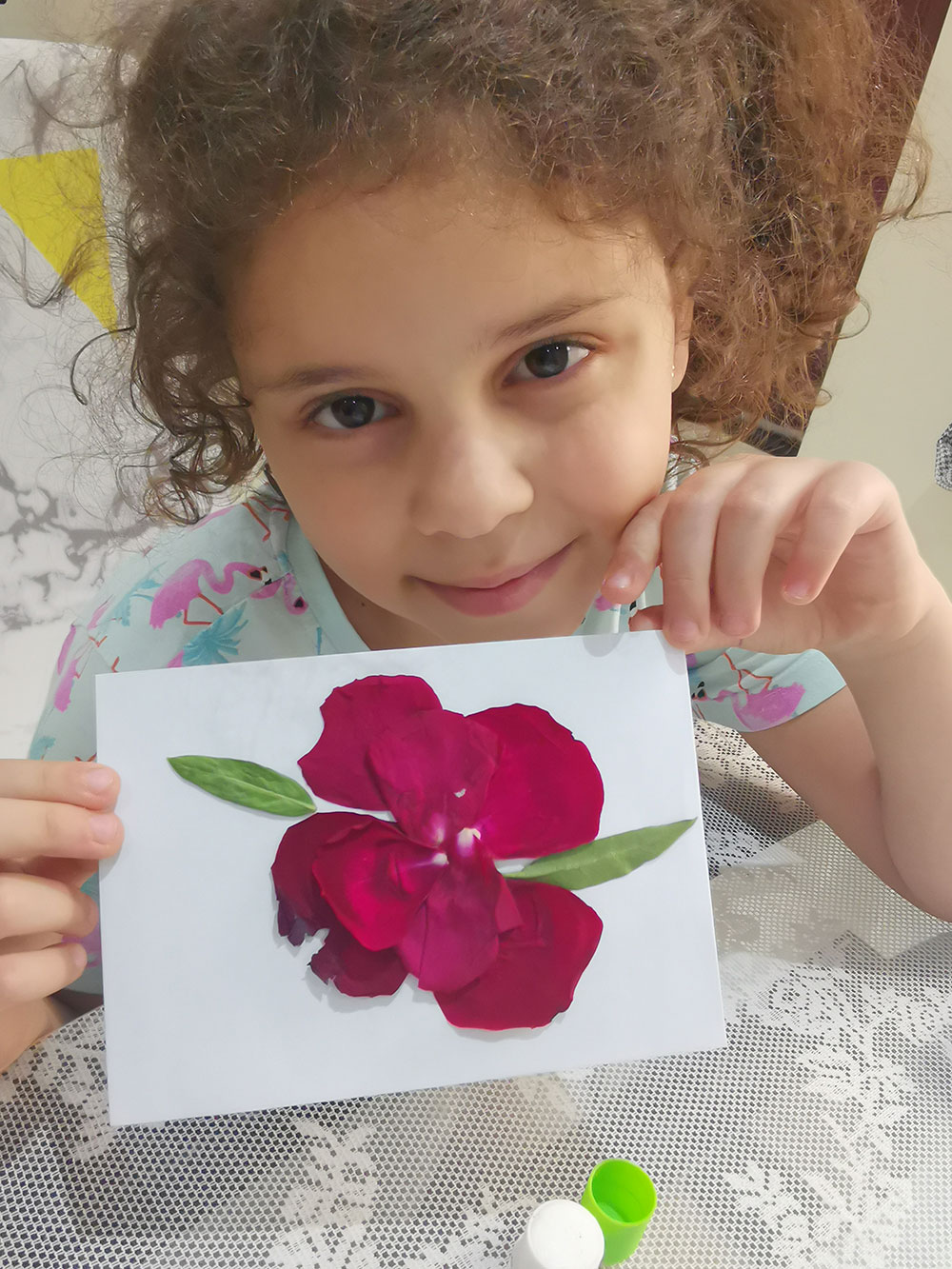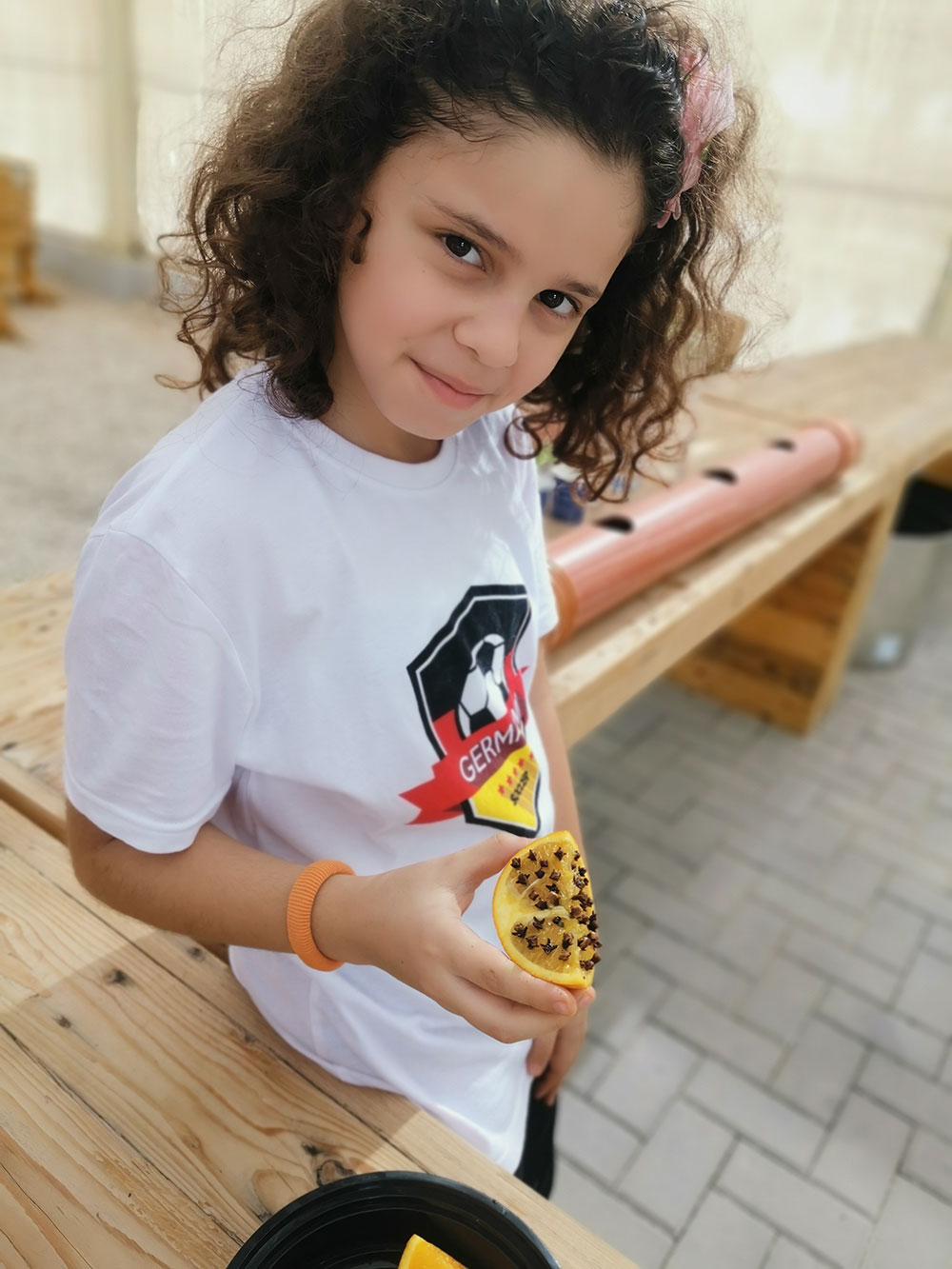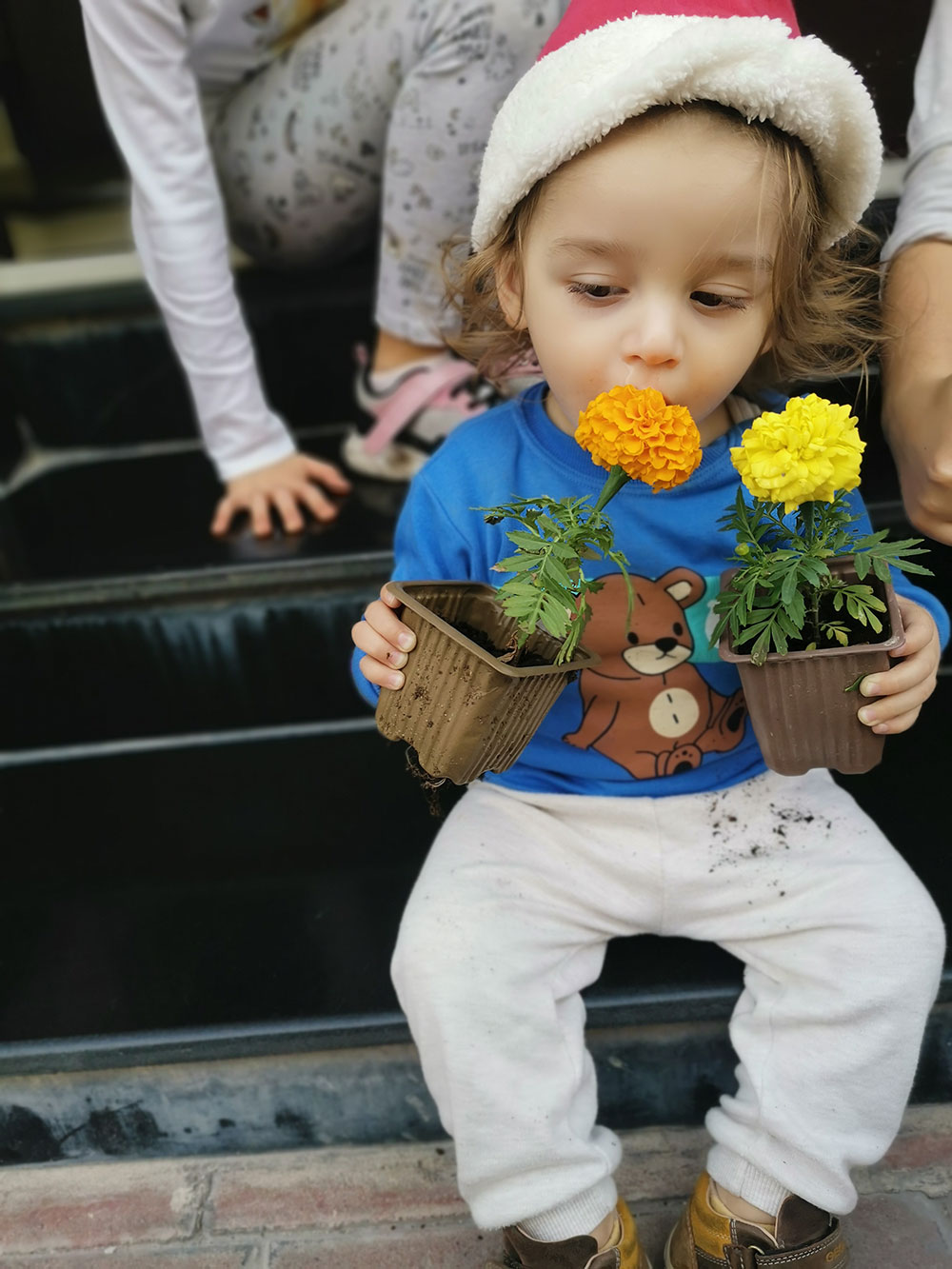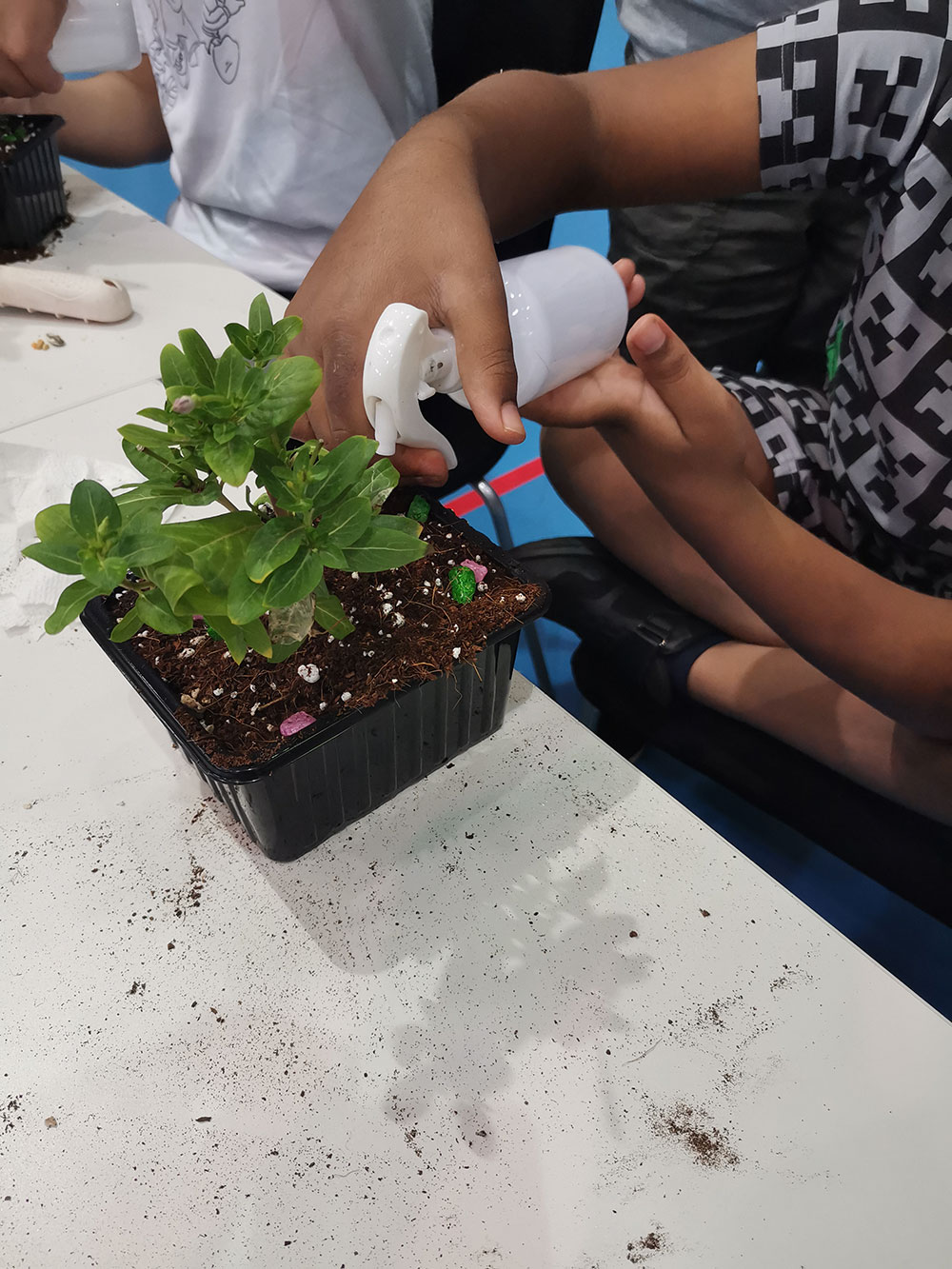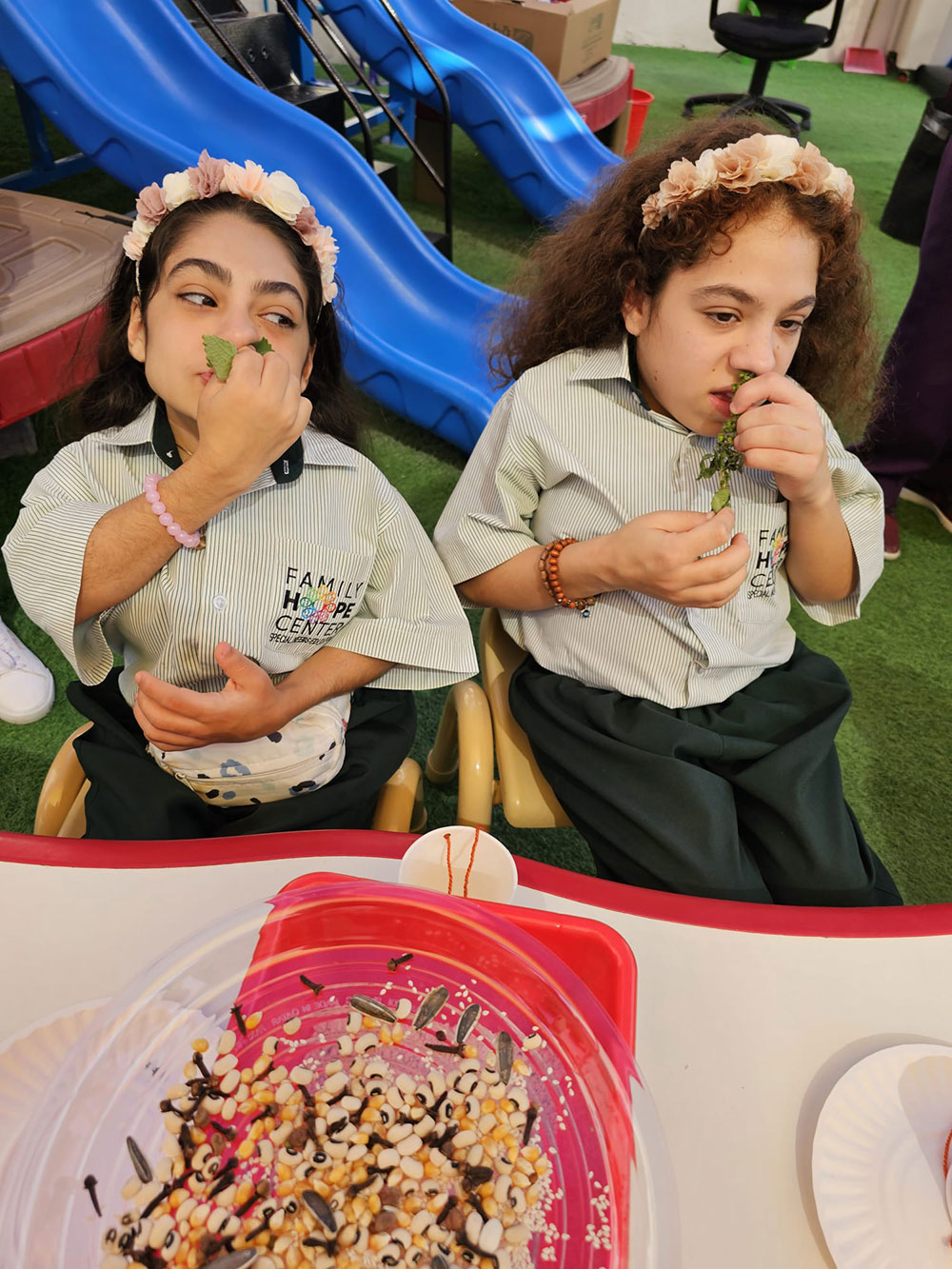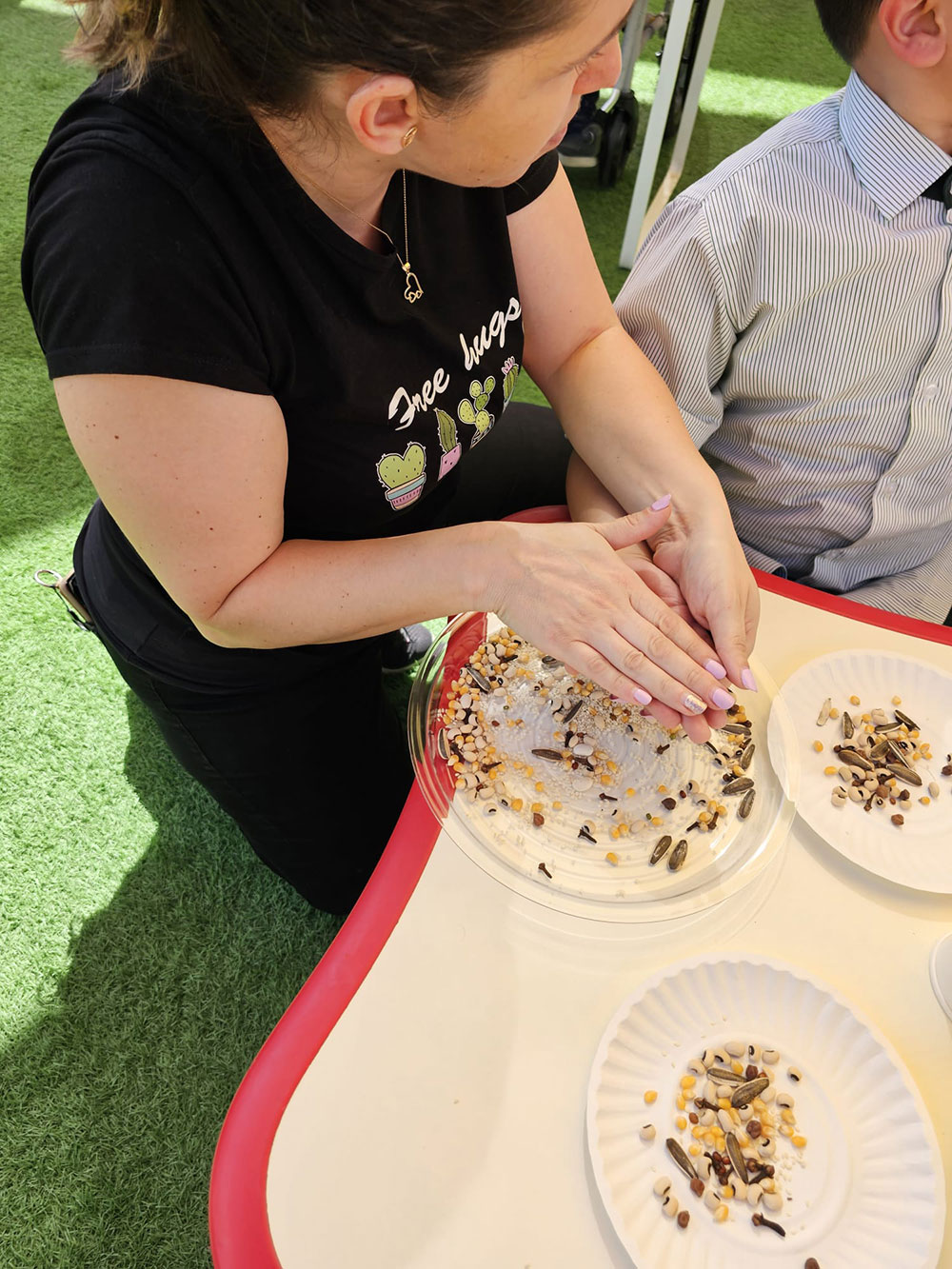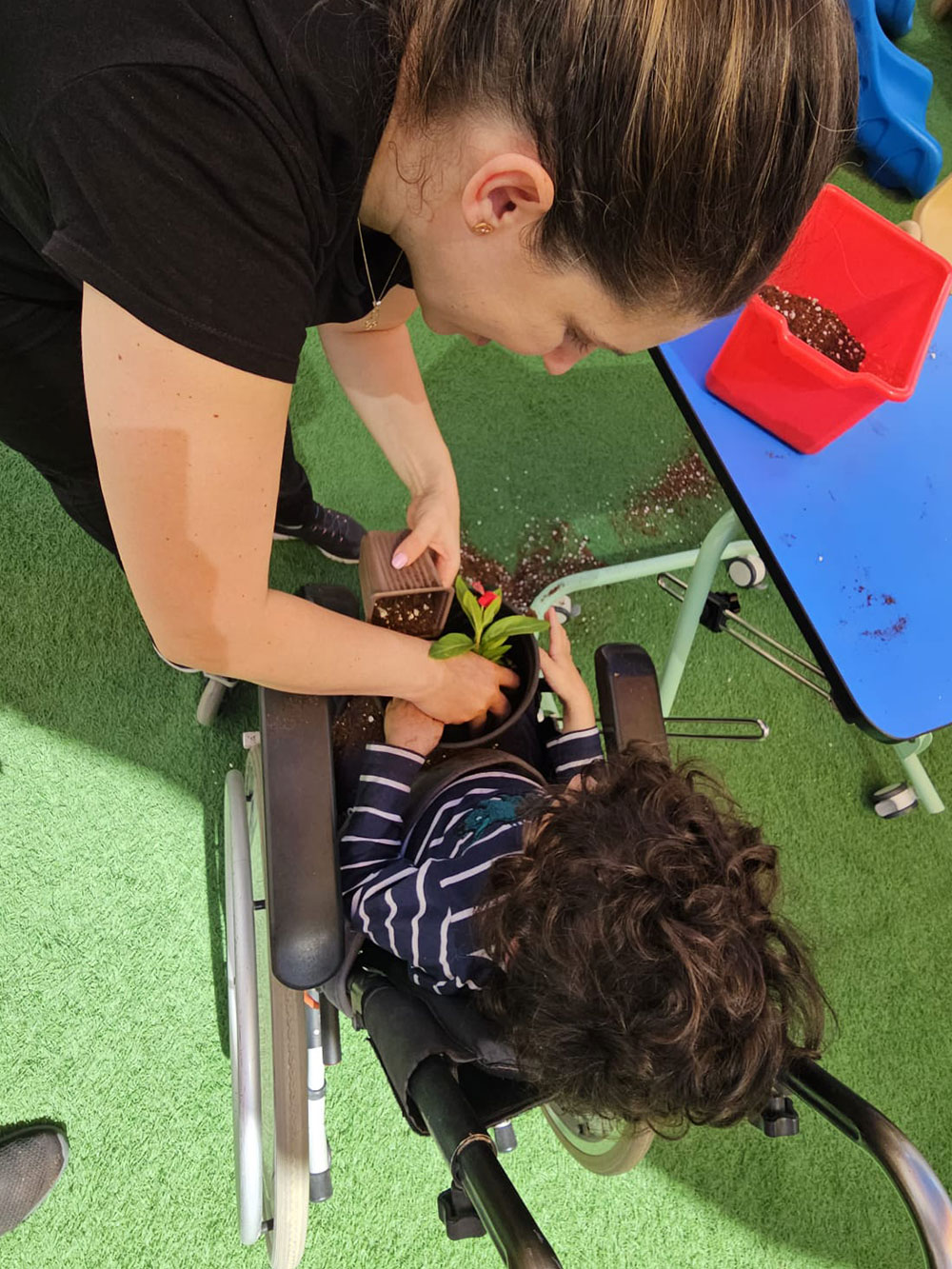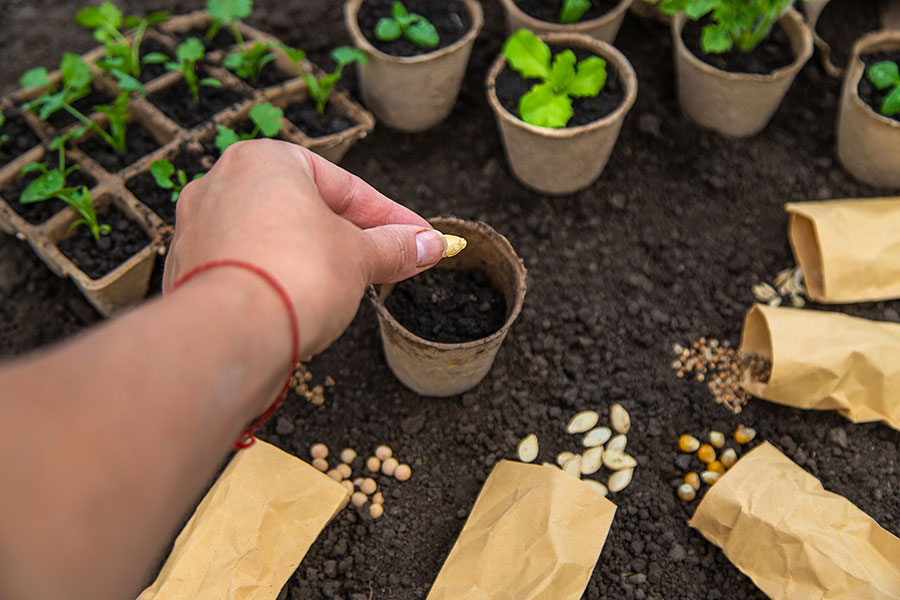Horticultural therapy offers gentle, meaningful growth for individuals with diverse abilities and needs.
Whether it’s a child on the autism spectrum, someone with Down syndrome, a person with visual impairment, or an individual with limited mobility.
We, at “Your Healing Garden,” meet each person where they are.

